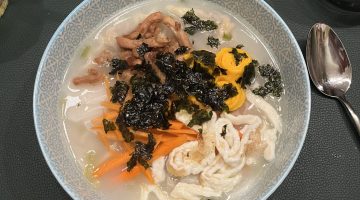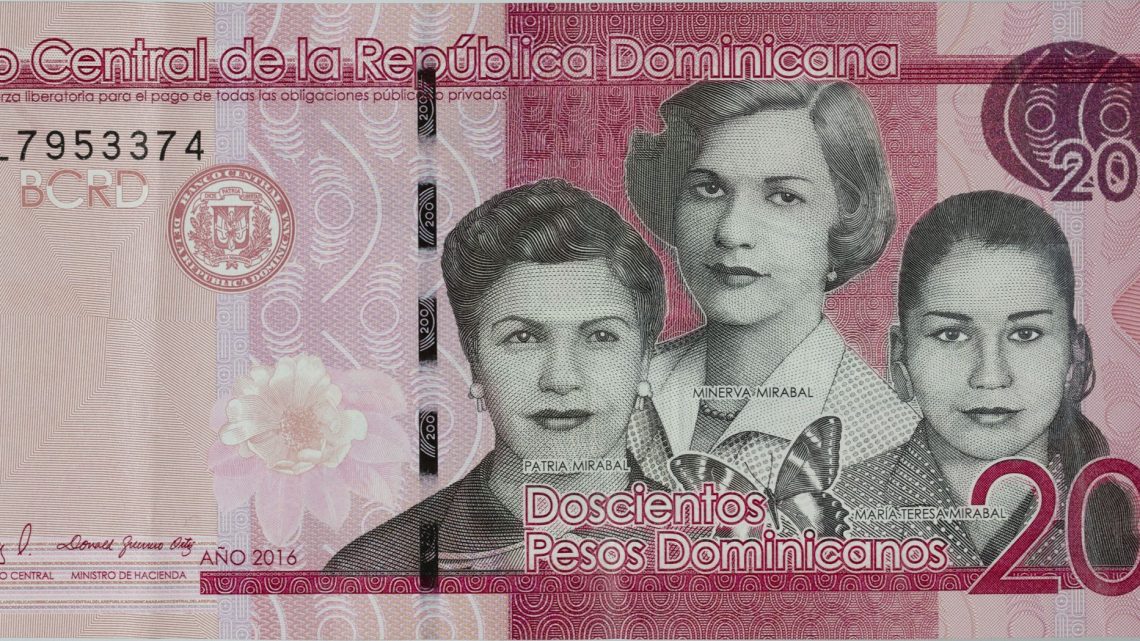The Mirabal sisters, known in Spanish as hermanas Mirabal, were four sisters from the Dominican Republic, three of whom opposed the dictatorship of Rafael Trujillo and were involved in clandestine activities against his regime. The three sisters were assassinated on 25 November 1960.
Later, the sisters were globally recognized as a symbol of social justice and feminism. In their honor, November 25 was designated as the International Day for the Elimination of Violence against Women. It is being marked every year to educate the public on the issue and mobilize political will and resources to address the problem.
Family’s daughters early life
The Mirabal family were from the central Cibao region of the Dominican Republic and had a farm near the town of Salcedo. Once Rafael Trujillo took power it was customary to have a picture of him in the household, however, the Mirabal house never had a picture of Trujillo and were subsequently considered people in disagreement with the Trujillo regime.
When Trujillo came to power, the family lost almost their entire fortune. The sisters believed that the dictatorship was ruining the country, so they participated in the creation and organization of the June 14 Revolutionary Movement. Within this group, they were known as Las Mariposas.
Two of the sisters, Minerva and María Teresa, were imprisoned on several occasions during their lives. They and their husbands were subjected to cruel torture during the Trujillo regime. Despite these facts, they continued to fight against the dictatorship.
◄ Patria Mercedes Mirabal Reyes
Commonly known as Patria, she was the oldest of the four Mirabal sisters. Patria had three children. She once said “We cannot allow our children to grow up in this corrupt and tyrannical regime. We have to fight against it, and I am willing to give up everything, even my life if necessary.”
◄ Bélgica Adela Mirabal Reyes
The second daughter of the Mirabal family, commonly known as Dedé, unlike her sisters, did not go to college. Instead, she became the traditional homemaker and helped her father with the family business.
She did not become involved with her sisters’ political work. After the murder of her sisters, Dedé took care of their children and raised them right. Later Dedé started the Mirabal Sisters Foundation and the Mirabal Sisters Museum to continue her sisters’ legacy. She died at the age of 88, and professed her entire life that it was her destiny to survive so that she was able to “tell their story”.
◄ María Argentina Minerva Mirabal Reyes
The third daughter was commonly known as Minerva. In 1949, the Mirabal family was invited to a party for the local elite where Minerva first caught the eye of Rafael Trujillo, so much so that the Mirabals were invited to a different party by Trujillo himself. At this party, Trujillo made more sexual advances toward Minerva who slapped him in the face because of this. After Minerva’s rejection of Trujillo, her parents prohibited Minerva from registering for law school due to concerns that she would get involved in politics and ultimately be killed.
However, after seeing how upset Minerva was, her parents relented six years later and she enrolled at the University of Santo Domingo, where she later graduated summa cum laude. Minerva was the first woman to graduate from law school in the Dominican Republic. Due to her previous rejection of Trujillo’s advances, when Minerva graduated, her diploma was stripped of her honors and her license to practice law was ultimately turned down.
◄ Antonia María Teresa Mirabal Reyes
The fourth and youngest daughter María Teresa was seeking high education and in the end went on to the University of Santo Domingo, where she studied mathematics.
Later in her life, María Teresa dated Leandro Guzmán. While dating, before Leandro was allowed to hold María Teresa’s hand, she asked him how his family felt about Trujillo. Leandro responded, “… there’s no problem. At home, that was the first thing I learned… to hate Trujillo.” After this response María Teresa let him hold her hand and they eventually married after she finished her education. María Teresa was influenced by her older sister Minerva’s political views and was involved in the clandestine activities against Trujillo’s regime. As a result, she was harassed and arrested on the direct orders of Trujillo.
Sisters joining political activities
One event has ultimately influenced Minerva’s fight against the regime and she became involved in the political movement. While attending high school, her friend’s father was killed by Trujillo for opposing the regime. She was upset and so her sisters followed: first María Teresa, after staying at Minerva’s house and learning about her activities, and then Patria, after witnessing a massacre by some of Trujillo’s men while on a religious retreat. Dedé did not join in, partly because her husband did not want her to.
The husbands of Minerva, María Teresa, and Patria were among the leaders of the 14th of June Movement, nicknamed 1J4. The movement was created in support, and then in honor, of the Dominican rebels who were killed while attempting to overthrow the Rafael Trujillo regime. The secret movement was discovered weeks after its founding leading to Patria’s house (where the group met) being burned to the ground and María Teresa and Minerva’s arrests.
In 1960, Minerva and María Teresa were incarcerated two times. Patria was never arrested but her husband and son were jailed. In 1960, the Organization of American States condemned Trujillo’s actions and sent observers. Minerva and María Teresa were freed, but their husbands remained in prison.
November 25th assassination
On 25 November 1960, Patria, Minerva, María Teresa and their driver were visiting María Teresa and Minerva’s incarcerated husbands. Patria’s husband was not incarcerated at the time but she went along for moral support. On the way home, they were stopped by Trujillo’s henchmen. The sisters and driver were separated, strangled and clubbed to death. The bodies were then gathered and put in their Jeep, which was run off the mountain road in an attempt to make their deaths look like an accident.
After Trujillo was assassinated on 30 May 1961, General Pupo Román admitted to having personal knowledge that the sisters were killed by Victor Alicinio Peña Rivera, Trujillo’s right-hand man, along with four other members of his secret police force.
However, the details of the Mirabal sisters’ assassinations were “treated gingerly at the official level” until 1996, when President Joaquín Balaguer was forced to step down after more than two decades in power. Balaguer was Trujillo’s protégé and had been the president at the time of the assassinations in 1960.
Later recognition of the sisters
According to historian Bernard Diederich, the sisters’ assassinations “had greater effect on Dominicans than most of Trujillo’s other crimes”. The killings, he wrote, “did something to their machismo” and paved the way for Trujillo’s own assassination six months later.
A review of the history curriculum in public schools in 1997 recognized the Mirabals as national martyrs. Being globally recognized as a symbol of social justice and feminism, the sisters have inspired the creation of many organizations that focus on keeping their legacy alive through social actions.
International recognition
On 17 December 1999, the United Nations General Assembly designated 25 November as the International Day for the Elimination of Violence against Women in honor of the sisters. It marks the beginning of a 16-day period of Activism against Gender Violence. The last day of that period, 10 December, is International Human Rights Day.
The global theme of this year’s 16 Days of Activism against Gender-based Violence is “UNITE! Invest to prevent violence against women and girls” and is calling on all citizens and on governments worldwide. Every effort invested in preventing violence against women is a step towards a safer, more equal and prosperous world.
This year FH Kiel took action by organizing dedicated events to raise awareness.
![FHews – [ fju:s]](http://fhews.de/wp-content/uploads/2015/05/fhews_logo2_3B8ACC.jpg)









No Comment